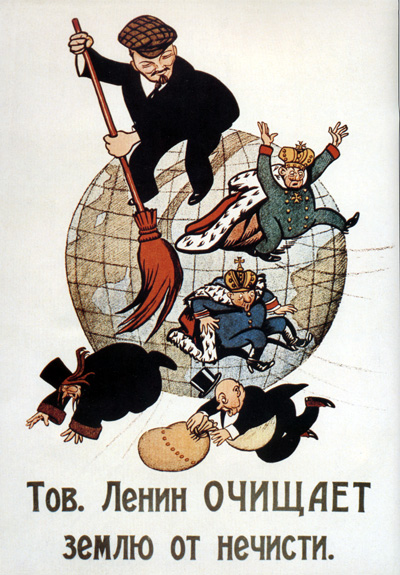this post was submitted on 30 Dec 2023
49 points (100.0% liked)
history
23025 readers
1 users here now
Welcome to c/history! History is written by the posters.
c/history is a comm for discussion about history so feel free to talk and post about articles, books, videos, events or historical figures you find interesting
Please read the Hexbear Code of Conduct and remember...we're all comrades here.
Do not post reactionary or imperialist takes (criticism is fine, but don't pull nonsense from whatever chud author is out there).
When sharing historical facts, remember to provide credible souces or citations.
Historical Disinformation will be removed

founded 5 years ago
MODERATORS
you are viewing a single comment's thread
view the rest of the comments
view the rest of the comments
The question of whether feudalism exists is kind of separate from Marxist consideration. It’s closer to a debate on taxonomy within the biological sciences, where people can’t quite agree if two organisms ought to be considered in the same taxonomical family or if they’re really different. It’s not entirely trivial though, as these groupings can reflect in the minds of the researchers and cause them to perceive things less objectively.
It is true, we should not have a rigid view of feudalism e.g. that there is always a pyramidal political structure between serf and monarch, knights, courts, yada yada. This is irrelevant to feudalism as Marx considered it economically as a system of production relations.
In feudal societies, production was small-scale and largely agrarian. All property rights and political power emanated from a monarch or limited set of rulers. The small-scale and distributed nature of production required a degree of freedom and autonomy for the producers, the serfs, as opposed to slave-based systems of production. Serfs had legal rights, and the people in different parts of the political structure had obligations as such.
As Marx analyzed feudalism, he realized that the contradictions of feudal society eventually lead to its upheaval as it produces an independently wealthy merchant class that eventually attains sufficient political power to emancipate itself from the limitations of the feudal mode of production. This is essentially what happened throughout Europe. And of course the rest is well known — Marx concluded from this that capitalism has a similarly limited lifespan due to the contradiction between wage labor and capital. The fact that so-called feudal societies in Asia had different political peculiarities from those in Europe does not change the basic underlying relations of production as Marx analyzed them.
Good post wanted to add that the nature of the economy as a whole is the over determining factor of the "mode of production" in Marxist terms. For instance the US pre war south was a capitalist mode of production. It was based on the usage of slave labor but functioned within a commodity economy - or "production for exchange" - which is an emergent characteristic of capitalism. Production for use is characteristic of feudalism, as noted in quarks post, where the surplus itself is produced and taken by the nobility.